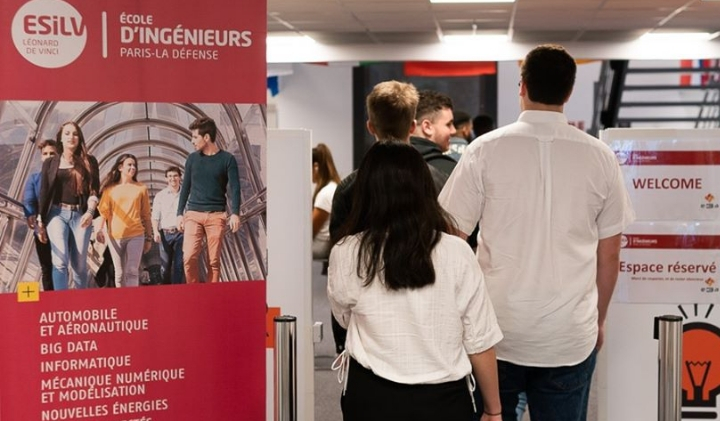Reading or hearing the words “engineering grad school” often send a few shivers down the spine of any applicant or new student, but is the fear justified?
It’s no joke, studying an engineering specialisation is hard; and even though some majors are more difficult than others, it still raises a big question: is the course load of an engineering grad school worth getting an engineering job?
Engineering Grad School Challenges Students
Why is studying engineering so challenging? Well, it’s because any good school programme prepares its students to enter a highly competitive workforce. Moreover, the courses will not only teach maths and physics in theory but also intricate projects and assignments that require solving real life scenario problems in the sector. This requires a lot of studying, perseverance, ambition, and an innovative spirit. However, it’s the science based workload that students struggle with, in particular calculus, differential equations and statistics, aerospace and electrical requirements as well.
How Hard is it?
No matter the degree, the 2 years for the master’s degree take discipline. Most engineering curriculum start out with the core in math, physics and economics, but the difficulty varies a bit through the different engineering fields. Each one has slightly different applications in the job market and requires different specialized courses. For instance, aerospace engineering is rightly seen as a particularly challenging course of study because it has similar courses than mechanical or software engineering and later on in the curriculum, takes students through more focused elements.
In addition, at ESiLV graduate school of engineering, the construction of the engineer’s skills is at the heart of digital technologies. The majors are the students’ choice and the education is completed by classes of management, of law, of innovation, of languages and sports. All to support and complement the core courses they can be taking a lot of their time and effort.
The Return on Investment
Engineering is one of the hardest majors out there, but graduating as a specialised engineer has its lucrative perks. Having an engineering degree is a money-maker right out of school.
The payoff can be well worth it on the additional earning potential alone, both in entry-level jobs, as well as over a career. And while traditional engineering might be stagnating, other occupations and focused programmes growing quickly, such as financial engineering, finance, computer and mathematical occupations.
Having the Engineering Mindset
Because engineering degrees dominate lists of top-paying degrees, many students choose to explore it as a career option. A heads-up, it’s not last minute decision taken by a student; for those seriously wanting to pursue engineering, it’s usually a preference that manifests itself from the childhood years. Students with an “engineering mind” can be spotted as the kids taking things apart and putting them back together or repairing equipment with their friends, and even learning coding and programming on their own just because it’s fun. Those who don’t have this spirit won’t survive the engineering grad school, and not even as bachelors. Why? Because the engineering minded individuals have both the stamina and a natural ability to figure out how things work.
Find out more about ESiLV engineering school in Paris and apply for the programme that suits you best.







